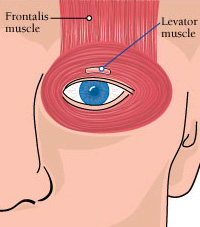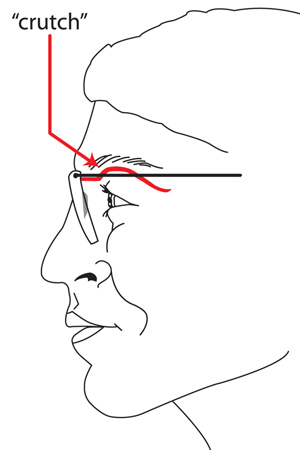Oculopharyngeal Muscular Dystrophy (OPMD)
Medical Management
Dysphagia
 Difficulty swallowing, or dysphagia, can cause a person to aspirate food or liquid into the lungs, which in turn may lead to a serious problem called aspiration pneumonia. If you find that you’re choking frequently while eating or drinking, you may need to have your swallowing abilities evaluated by a professional.
Difficulty swallowing, or dysphagia, can cause a person to aspirate food or liquid into the lungs, which in turn may lead to a serious problem called aspiration pneumonia. If you find that you’re choking frequently while eating or drinking, you may need to have your swallowing abilities evaluated by a professional.
There are a number of techniques that may help treat dysphagia, ranging from holding the head in different positions to changing the consistency of foods and liquids. Commercial thickeners may give liquids a more manageable consistency.
In advanced cases, a nonsurgical procedure called throat stretching or a surgical procedure called a cricopharyngeal myotomy may be warranted. Tube feeding is another option for advanced cases.
Your MDA clinic will refer you to a speech-language pathologist (SLP) or an otolaryngologist (ear, nose and throat doctor) as needed.
Limb weakness
 Trouble with picking up the feet when walking can lead to stumbling and falls. Leg braces, a cane or walker can help. Eventually, those with OPMD may need to use a wheelchair to make mobility more convenient.
Trouble with picking up the feet when walking can lead to stumbling and falls. Leg braces, a cane or walker can help. Eventually, those with OPMD may need to use a wheelchair to make mobility more convenient.
Upper arm and shoulder weakness that limits function can be addressed with adaptive techniques through occupational therapy.
For more on the medical management and pathophysiology of OPMD, see In Focus: Oculopharyngeal Muscular Dystrophy.
Ptosis
Droopy eyelids, or ptosis, can significantly impair vision and may lead to social awkwardness.
This problem can be resolved with a type of surgery called a frontalis sling performed by an oculoplastic surgeon.
Or, for a “low-tech” solution, some people use attachments to glasses that hold the eyes open. These are called eyelid crutches or ptosis crutches.

